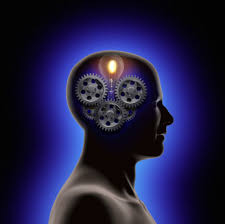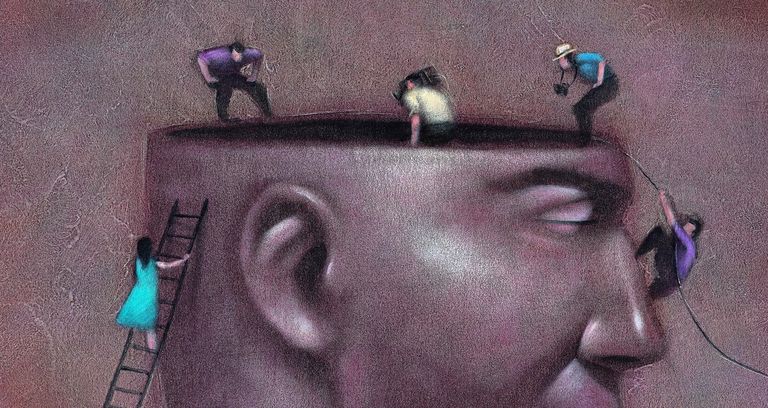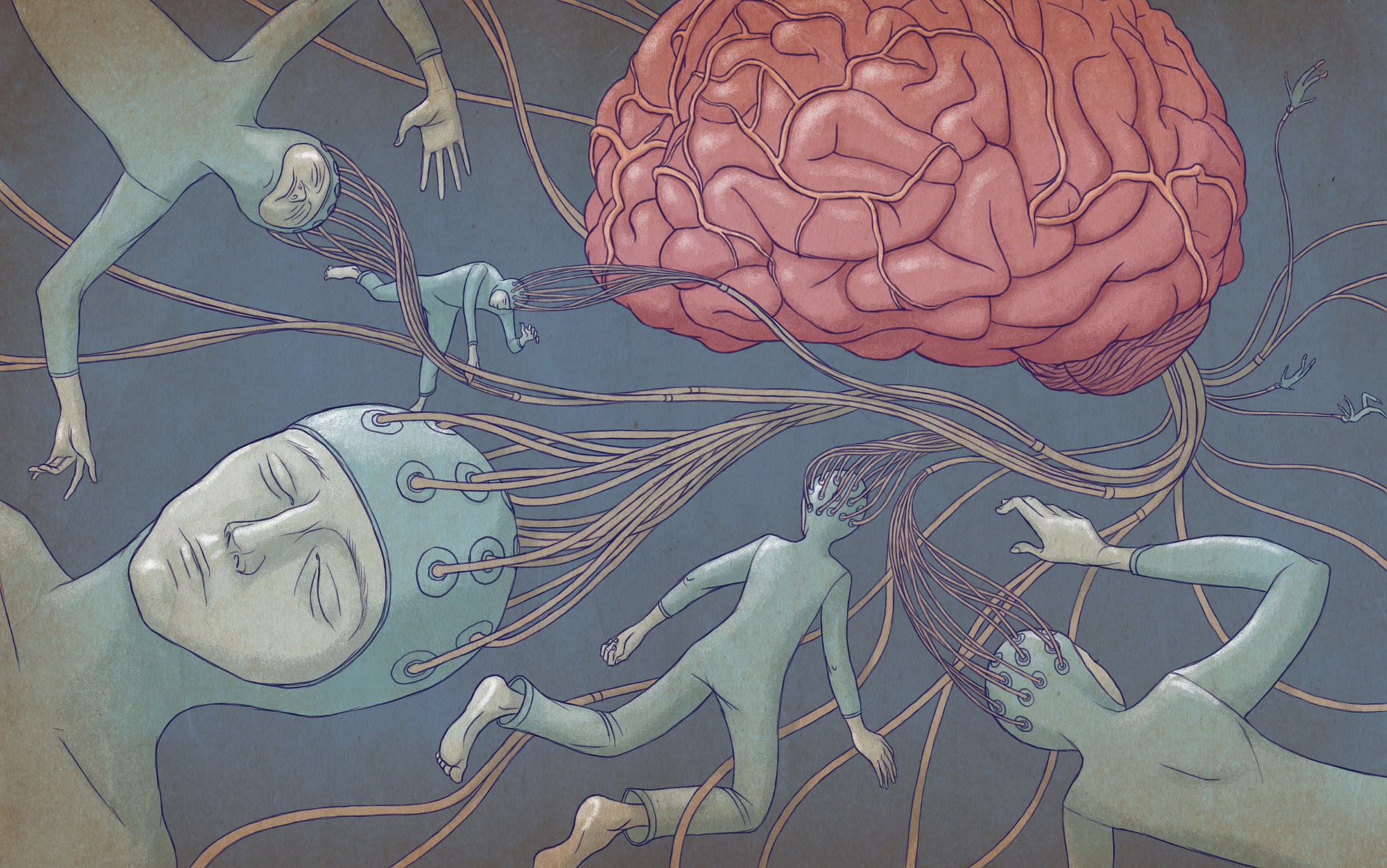There is a relationship of course between hard science and human psychology, besides the fact that the human mind gives rise to scientific discovery. It isn’t, however, the relationship that science is presently drawing.
 Despite the tremendous subtlety and sophistication of discoveries in physics, neuroscience and other fields, the crossover into psychology has been shallow at best, prone to unexamined, preconceived biases about human nature.
Despite the tremendous subtlety and sophistication of discoveries in physics, neuroscience and other fields, the crossover into psychology has been shallow at best, prone to unexamined, preconceived biases about human nature.
To begin to remedy the situation, and facilitate deeper insights into human psychology and consciousness, which is, after all, the sea all humans swim in, we have to go beyond such canards such as, “It’s the past that tells us who we are. Without it we lose our identity.”
If Stephen Hawking can draw specious psychological and quasi-spiritual conclusions from his extraordinary investigation of black holes, a religious philosopher can gain insights into consciousness by thinking on black holes.
It stands to reason, and is being shown by science, that memory is matter, and that it is accumulative in individual and collective consciousness. It also stands to reason that the accumulation of material in consciousness has become very dense, decreasing the space in the brain and leading to all kinds of pathologies.
So has content-consciousness itself produced a kind of black hole, a vortex that is sucking more and more material (and human hearts) into it? People around the world report feeling the same sense of weight, pessimism and shrinkage of inner space, which correspond to increasing threats from climate change and destruction of the earth’s diversity and viability.
Has the psychological accretion of memory, experience and history grown so dense that no one can escape the maw of darkness without undergoing radical change?
Human consciousness is no longer a cultural phenomenon. There are still cultural differences obviously, but the context for understanding a person or a people is no longer a given culture, with its particular language and traditions. It is human consciousness per se, which is now shared by everyone on the planet.
That’s why it’s simply stupid to say, “History is nothing more than a long, linear series of individual people and events that come and go. It is ‘just one damn thing after another.”’
On the other hand, while patterns and cycles are undeniable, attempts to provide a compelling arc to the ascent (or descent) of human civilization has been met with a reality more complex and inscrutable than any philosopher has so far been able to encompass.
Does that mean the attempt is futile, and there is no direction and no culmination, much less evolutionary potential for a higher consciousness operating within human history and consciousness?
If evolution is random all the way down the proverbial ladder to the first microbes, and all the way up the dubious ladder to man, then any question of meaning beyond what we create is nonsensical.
For me the question boils down to, is anything but darkness is operating in human consciousness? I understand why most people feel there is nothing else, no intelligence beyond the mind of man. But the question stands.
I think the attempt to find out if consciousness has evolutionary meaning is both worthwhile and necessary, despite and because of how fraught with failure it has been. The prevailing paradigm that “the facts are inaccessible, so let us tell stories, and create our own reality,” is a barren desert.
Humankind’s place on this planet is now given the arrogant label, the Anthropocene Age. It doesn’t just imply man’s impact has been so great that the human species is fundamentally altering the biosphere itself, and so is worthy of naming an age for us. Externalizing the crisis of consciousness, and absurdly placing it a geological context with the name “the Anthropocene Age,” reflects a stubborn refusal to face ourselves as a species.
So is human history, and consciousness, a “pointless parade of insignificant events until we shape it into something that has significance for us, until we build myths out of it, until we begin using it to make up stories?” Or is something beyond the mind and machinations of man going on here, on this incredibly beautiful planet?
Black holes represent a tremendous mystery. They may replicate the ground that existed before the universe exploded into being.
The human past is overshadowing and engulfing the present. Are the accretions of history in human consciousness leading somewhere besides an event horizon from which no one returns?
Life is in the creative present, and the living present can encompass the deadening past. So it’s in the power of the living, and only the living, to change the course of humankind.
Martin LeFevre

